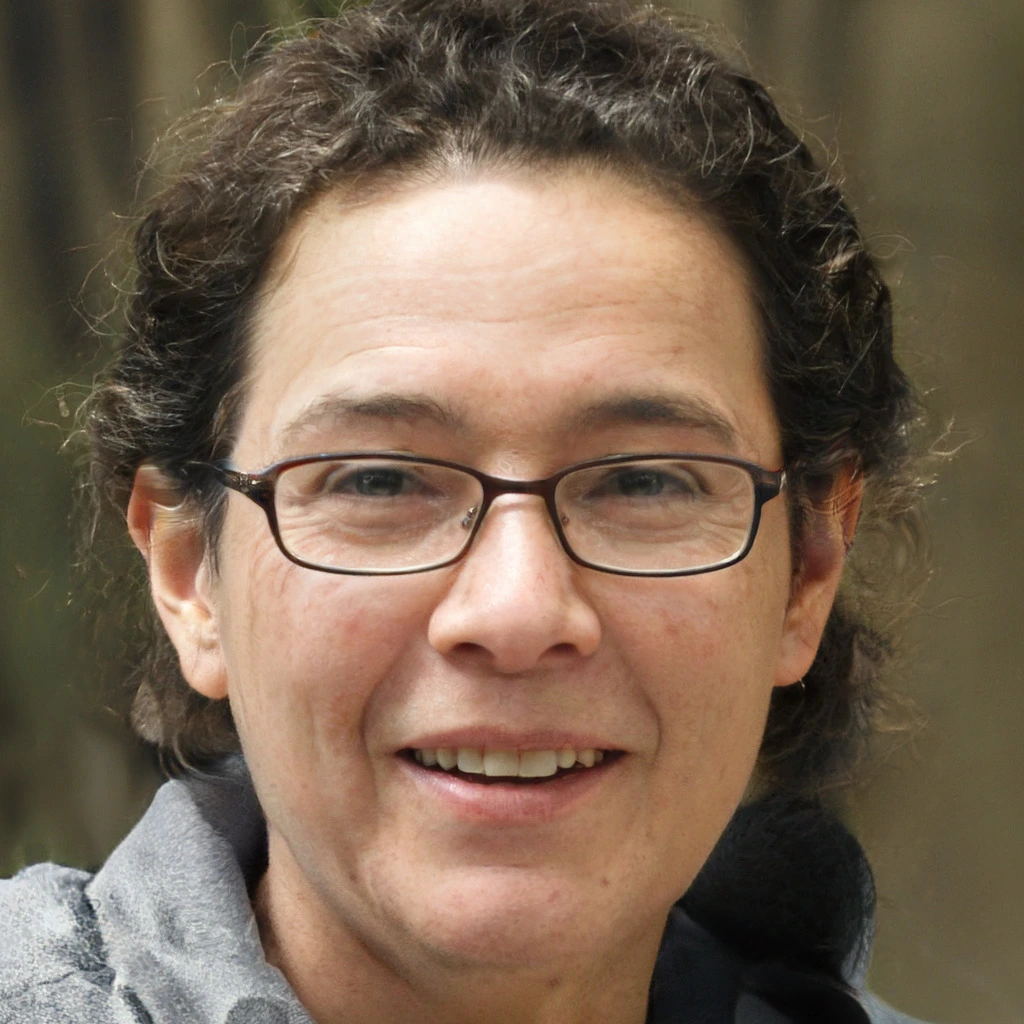Substance abuse disorders must be hard for over twenty million Americans every year, but only a small number choose to seek any help whatsoever. While these traditional rehab methods work for some, others search for alternate ways. Among clinical trials, such neatly organized forms of studies offer not merely the hope of a better future for addicts but also a means for real people to experiment with novel treatments for addiction. Thus, this article will focus on everything you ought to know about substance abuse clinical trials and maybe the next big step toward helping you or someone you love.
Why substance abuse clinical trials matter
Substance-use disorders are a conundrum, composed of behavioral, psychological, and physiological components. Traditional treatment methods, such as 12-step programs, counseling, and detoxification, are limited. Clinical trials test new medications, behavioral therapies, and sometimes even new digital tools to improve recovery outcomes.
They are important because they:
- Advance science: Every person in every study helps scientists learn more about how to treat addiction more efficiently.
- Access new modalities: Subjects in clinical trials often receive treatment modalities unavailable to the public.
- Reduce stigma: They foster more understanding and empathy towards individuals in need.
Advantageous Benefits and Insights
A clinical trial can have a few specific benefits for potential subjects:
- Free Treatment: Most trials pay for everything, even no-cost medication, counseling, and testing.
- Elite Care: Top addiction specialists, psychologists, and medical staff will be monitoring your treatment.
- Innovative Therapies: Access to promising new ones such as buprenorphine implants, transcranial magnetic stimulation (TMS), and digital therapeutics such as reSET-O.
- Close Monitoring: Thorough checks will make certain that your health and progress will be priorities most of the time.
Joining a Clinical Trial: How to go about it
1. Know Your Eligibility
All trials have something called Inclusion and Exclusion Criteria: age, type of substance used, and medical/surgical history.
2. Search for the Active Trials
There are national databases that are much more trusted, like:
- ClinicalTrials.gov
- NIH National Institute on Drug Abuse (NIDA)
- And of course, local universities and treatment centers
3. Contact the Research Team
You may have questions, ascertain the kind of commitment as well, and ensure you or a loved one is ready.
4. Get Screened
You will go through a pre-enrollment process that will determine fit.
5. Start the Trial
After you are in, attend therapy sessions, medications, or monitoring as scheduled.
Real-Life Success Story
Michael: 34 years old; survivor of opioid use disorder;
“I had tried everything: rehab, detox, even jail time. Nothing stuck. Joined a trial with a new non-opioid medication with digital therapy. The structure and support were everything. I have been clean for 14 months.”
The trial he participated in was run by the Yale School of Medicine and combined contingency management and extended-release naltrexone.
Tips and Advice in Practice
- Support person: They can help with the logistics and provide emotional support.
- Ask about compensation: Some trials reimburse for travel and your time.
- Keep track of your progress: Journal or use an application to keep track of how you’re feeling.
- Be honest: This is for your safety and to help the researchers fine-tune their treatment protocol.
- Don’t give up: If one study is not right for you, there will be others.
Common Mistakes
- Not reading the fine print: Know the time commitment, risks, and responsibilities.
- Skipping follow-ups: Follow-ups are important for your health and for the trial.
- Thinking it is a cure-all: Trials are not panaceas.
- Not asking questions: You have a right to ask questions; never be shy.
Future trends in drug abuse research:
- AI-Assisted Treatment: Prediction tools for relapse, chatbots as support systems
- Psychedelic-Legacy Therapy: Increasing numbers of psilocybin and ketamine trials
- Expansion in Telehealth: Traveling trials and monitoring for greater access
- Precision Medicine: Customized treatment according to genetics and biomarkers
Conclusion: A New Chapter in Recovery
Substance abuse clinical trials are much more than medical experiments; they are ushering in a new hope for healing. By participating in these programs, you have become a part of the movement advocating for more effective and personalized treatment methods for addiction.
Are you ready to take the next step into the future for yourself or someone you love? Find local clinical trials, strike up a conversation with your doctor, and consider how the latest in research might get you back on track.
📩 Want more insights into breakthrough treatments? Subscribe to our newsletter for the latest updates on clinical trials, mental health innovations, and recovery tools.




